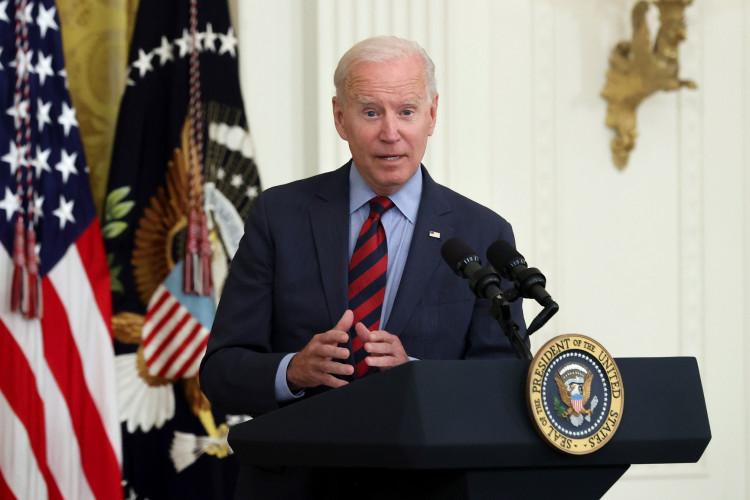In a vital move on Thursday, the United States Senate endorsed legislation co-sponsored by President Joe Biden to suspend the government's $31.4 trillion debt ceiling, effectively dodging an unprecedented default.
The bill, which had cleared the House of Representatives on Wednesday, sailed through the Senate with a 63-36 vote. The decision emerged after protracted bipartisan discord and a race against the ticking clock set by the Treasury Department, which had cautioned about the inability to cover all bills post-June 5 if Congress remained indecisive.
Senate Majority Leader Chuck Schumer commended the move, stating, "We are avoiding default tonight." He further emphasized the success of the bill in the 100-member chamber.
Biden hailed the bipartisan resolution, calling it a "big win for our economy and the American people." The President assured that the legislation would be signed into law promptly, and an additional statement is expected on Friday at 7 p.m. EDT (2300 GMT).
House Speaker Kevin McCarthy played a significant role in the bill negotiations alongside Biden. Despite the cessation of the current fiscal standoff, Senate Republican Leader Mitch McConnell promptly flagged an upcoming budget battle, pledging that "Senate Republicans will continue working to provide for the common defense and control Washington Democrats' reckless spending."
McConnell's comments referred to a dozen bills that Congress will deliberate over the summer to fund government programs in the upcoming fiscal year starting October 1. These bills also align with the broader directions of the debt limit bill.
Treasury Secretary Janet Yellen urged that "the full faith and credit of the United States must never be used as a bargaining chip," a sentiment echoing the recent GOP tactics.
Leading up to the final vote, senators dismissed almost a dozen amendments during a late-night session, anticipating the looming Monday deadline.
This latest legislation effectively suspends the statutory limit on federal borrowing till January 1, 2025. Schumer encapsulated the national sentiment by saying, "America can breathe a sigh of relief."
Republicans initially sought to tie debt limit increments to comprehensive spending cuts as a step towards managing the escalating national debt. However, Biden advocated tax hikes on corporations and the affluent as a remedy for growing debt, a proposition Republicans vehemently opposed.
Ultimately, Republicans achieved approximately $1.5 trillion in reductions over 10 years, a figure that may not fully materialize. The initial proposal demanded $4.8 trillion in savings over a decade.
In January, the Treasury technically reached its borrowing limit, resorting to "extraordinary measures" to keep the government bills paid since then.
A default due to lack of funds, as recognized by Biden, Yellen, and congressional leaders, would have grave consequences, including potential job losses, a recession in the U.S., and increased interest rates for families on various debts.
The Republican-majority House approved the bill in a 314-117 vote on Wednesday. Schumer cautioned against any "needless delay or any last-minute holdups," labeling them a "dangerous risk."
The bipartisan bill emerged from weeks of intense negotiations between senior aides for Biden and McCarthy. Ultimately, the focus of the debates was on spending for discretionary programs that Republicans sought to cut deeply. The nonpartisan Congressional Budget Office projected that the bill would result in $1.5 trillion in savings over 10 years, falling short of the $3 trillion in deficit reduction proposed by Biden.






